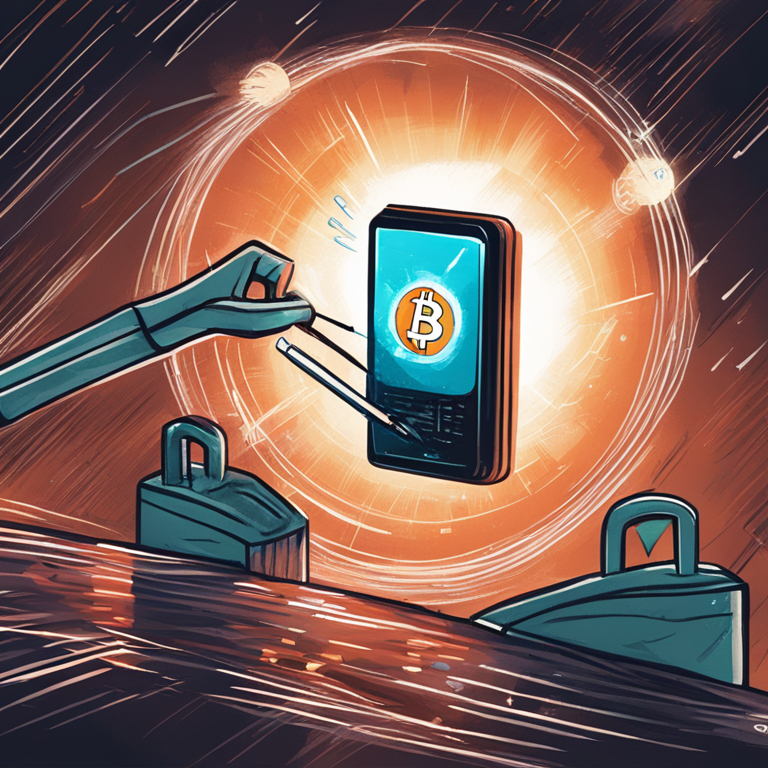GameStop and AMC Plunge as Roaring Kitty Meme Stock Craze Fades
- byAdmin
- 16 May, 2024
- 20 Mins
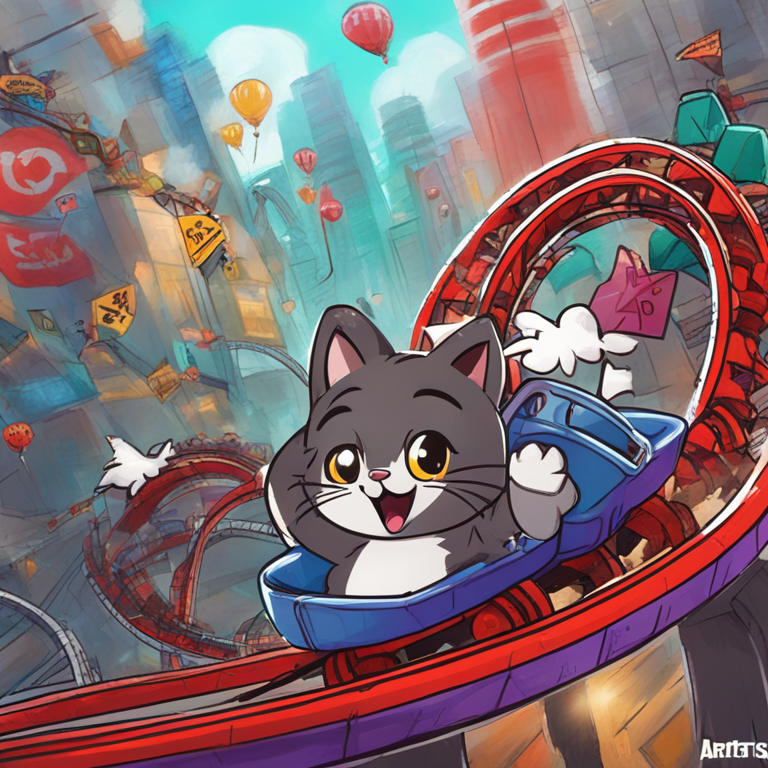
Introduction
Unless you've been living under a rock—or maybe just taking a well-deserved social media detox—you've probably heard about the meme stock craze. If 2021 taught us anything, it's that the internet can turn just about anything into a pop culture phenomenon, including stocks. Enter GameStop (GME) and AMC Theatres (AMC), two companies whose share prices were caught in a whirlwind thanks to the power of Reddit, Twitter, and one Casey Affleck-lookalike, Keith Gill (a.k.a. Roaring Kitty). However, the wild ride seems to be taking a nosedive. Let's unpack what's happened and why.
Market Performance
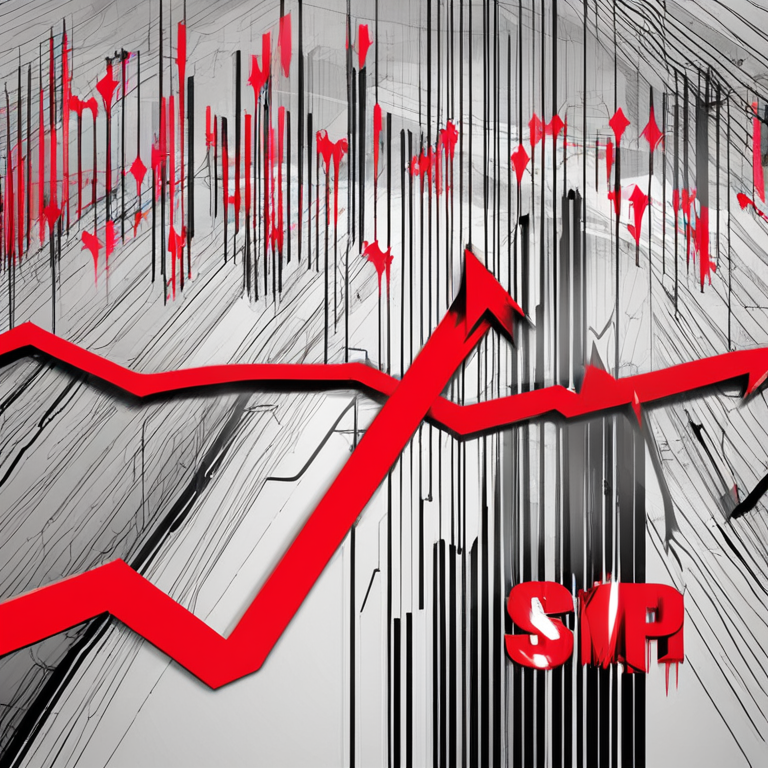
GameStop (GME)
GameStop was the darling of the Reddit crowd back in 2021, and for a while, it seemed the only limit was the moon. However, just like that one shirt you regret buying after seeing it on an Instagram influencer, sentiment has started to shift. As markets opened recently, GameStop's stock was down 15% from its previous close. It then further sank to a low of $31.91 before crawling back slightly. Despite this mini-resurgence, it ended the day trading at $33.38, still a whopping 16% drop overall. So what happened? Roaring Kitty made a mysterious reappearance, posting cryptic video clips on his Twitter. The brief cameos did little but throw more kindling on an already volatile situation, leading the Nasdaq's volatility circuit breakers to halt trading 32 times in just four days. And yet, for some, the madness has been profitable. One crafty whale managed to turn a $908,000 investment in GME options into a $44 million win. That’s a 'roaring' good return, wouldn’t you say?
AMC Theatres (AMC)
Not to be outshined by GameStop, AMC also found itself in the meme stock hall of fame. However, even blockbuster hits come to an end. Unlike GameStop’s relatively recent plunge, AMC’s stocks have been on a slow-burning decline. As markets opened today, AMC was already down 8% from its previous day’s close. Like its gaming counterpart, AMC's trading has been erratically unstable, causing 26 automatic halts by Nasdaq over the past few days. Perhaps the most intriguing part of this meme stock saga is its cast of characters—both individuals and institutions. Roaring Kitty's cryptic presence aside, major players like Renaissance Technologies and Robinhood have dipped their toes in these tumultuous waters. Renaissance Technologies purchased more than 1 million GME shares, while Robinhood saw a colossal $5 billion worth of trading in just one day. CEO Vlad Tenev even tweeted that it was "one of our biggest days in the past 12 months." So, what's next for AMC? Only time will tell, but for now, it appears the boom is rapidly turning into a bust.

Influence of Social Media
Let's be honest, the power of social media is both fascinating and terrifying, especially in the financial world. Remember those days when our Twitter feeds were not filled with stock market lingo, and Reddit was just a place to get meme laugh therapy? Well, those times seem ancient now! The realm of social media has given rise to financial influencers who can make or break stock prices with just a single tweet or YouTube video.
One of the most notable names in this relatively new domain is Keith Gill, known more popularly as "Roaring Kitty." This guy is like the superhero of the meme-stock universe. Armed with a dual identity, on YouTube he's Roaring Kitty, and on Reddit, he takes on the somewhat more badass persona of DeepFuckingValue. Single-handedly, or maybe with the help of a legion of internet traders, he turned the stock market into a high-stakes gambling game for many, capturing the attention of even those who wouldn’t know a NASDAQ from a Nyan Cat.
Roaring Kitty
Our story begins back in the wild, wild year of 2021. Ah, what a time to be alive! Roaring Kitty shot into fame when his investment in GameStop became the centerpiece of an unprecedented short squeeze saga. This wasn’t just a financial event; it was more like an internet cult phenomenon. For a while, news channels and grandmas alike were talking about "diamond hands" and "to the moon," all thanks to our meme-stock evangelist.
Fast forward to 2024, Roaring Kitty’s reappearance has been nothing short of a mystery box. His cryptic tweets and edited clips from classic films, most recently "The Shawshank Redemption," have added layers of mystique around him. It's like he's the Banksy of stock trading, keeping everyone on the edge of their seats. Despite—or perhaps because of—his enigmatic expressions, Keith Gill’s mere digital footprint is enough to trigger volatile waves in the stock market.
Impact on Stock Prices
Enabled by Roaring Kitty’s virtual return, the stock prices of GameStop (GME) and AMC have been on a rollercoaster ride that would make even Six Flags proud. GameStop saw a dramatic plummet, trading 15% lower than its previous day's closing price right before Thursday's opening bell. Meanwhile, AMC was also not left holding the popcorn, with its shares trading 8% lower.
What’s riveting here is that the mere mention or appearance of Roaring Kitty has the stock markets doing a jitterbug. The influence is so potent that an edited movie clip or an ambiguous tweet can send shockwaves through Wall Street. These aren’t just random fluctuations; we’re talking about millions, sometimes billions of dollars, changing hands in the blink of an eye. The market reacts to him almost like Pavlov's dogs to a bell.
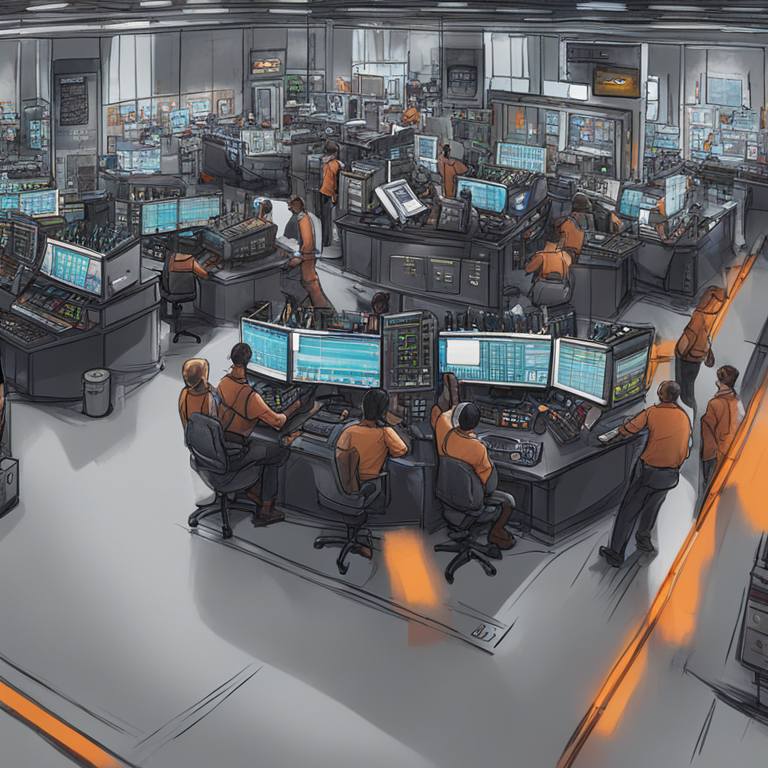
Trading volatility
Nasdaq Circuit Breakers
The NASDAQ circuit breakers had one job: to prevent panic-induced market chaos. But boy, have they been put through their paces! Thanks to our meme-stock shenanigans, the Nasdaq's volatility circuit breakers have activated 32 times for GME and 26 times for AMC, all within just four days. It's like these stocks have become the financial equivalent of a hyperactive kid bouncing off the walls after too much sugar.
These automatic halts are intended to curb extreme fluctuations and provide a moment of calm for traders, but given the circumstances, they’re almost like trying to put out a wildfire with a garden hose. The turbulence has become a significant aspect of these stocks' trading patterns, making them a playground for day traders and a nightmare for conservative investors.
Profitable Trades
Even amidst this chaos, some traders are not just surviving—oh no—they're thriving. For instance, a particularly savvy trader, often referred to as a whale in finance circles, turned an April bet of $908,000 in GME options into a staggering $44 million profit. Talk about living large!
On the institutional front, hedge funds like Renaissance Technologies were sharp enough to grab chunks of GME shares just before the rally. It’s like these folks have a crystal ball or have secretly recruited Nostradamus as a financial advisor. Plus, platforms like Robinhood are having a field day. Literally. Robinhood's CEO, Vlad Tenev, shared that the app saw $5 billion worth of trading in one day, calling it "one of our biggest days in the past 12 months." For a company that averaged $2.7 billion in daily trading just a month prior, this spike signifies the magnitude of these meme-stock phenomena.
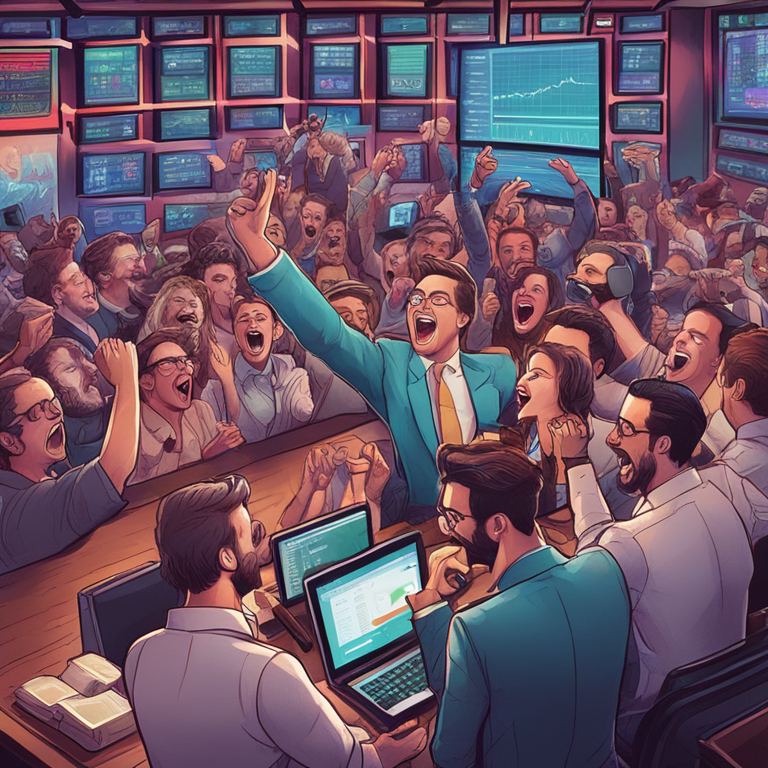
Impact on Trading Platforms
The meme stock mania featuring GameStop and AMC has been like a rollercoaster ride for investors, and trading platforms are feeling the rush. This latest twist comes courtesy of the stock market equivalent of your local DJ—Roaring Kitty, a.k.a. Keith Gill. The market has seen some wild swings, like it’s trying out for a role in the next "Fast & Furious" film. And who could forget those Reddit and Twitter exploits that made the financial world feel a bit like a never-ending episode of "Black Mirror"? Let's take a closer look at how this frenzy impacted one particular trading platform.
Robinhood Activity

Robinhood, the trading app that's basically become the millennial's favorite playground for buying and selling stocks, was in the limelight again. With Roaring Kitty’s resurgence, the platform experienced a trading day that was nothing short of bananas. Picture this: $5 billion worth of trading went down in a single day! That’s enough to make even the most sleep-deprived Wall Street trader spit out their triple-shot espresso.
To give you some context, Robinhood’s CEO Vlad Tenev announced this was "one of our biggest days in the past 12 months." For comparison, the app usually averages $2.7 billion per day. So yeah, it was a big deal. This wave of activity wasn't just a flash in the pan; it was a full-blown market swell, with buyers and sellers furiously tapping away at their screens like they were engaged in an epic game of "Flappy Bird."
The crazy-high volume wasn’t just about people jumping back on the meme stock bandwagon. There were some big players making even bigger moves. For instance, someone with the guts and foresight to buy $908,000 worth of GME options in April cashed out with a monstrous profit of $44 million. If only predicting the next Pokémon Go craze was that simple, right?
Further stirring the pot, hedge funds like Renaissance Technologies accumulated over 1 million shares worth of GME just before the rally. It’s like they were on some kind of clairvoyant speed dial with Roaring Kitty. This trading frenzy saw Nasdaq's volatility circuit breakers kick in more times than a hack-a-thon event. GME trading was halted 32 times, AMC 26 times—it was like someone kept hitting the pause button in the middle of a thrilling movie.
So, what does this all really mean? Basically, the meme stock story is far from over. With social media influencers wielding the power to move market mountains, trading platforms need to keep their servers on steroids and their compliance teams on high alert. Buckle up, because if Roaring Kitty posts another cryptic tweet, we might just see this rollercoaster take another wild spin.
Ethan Taylor
Ethan Taylor here, your trusted Financial Analyst at NexTokenNews. With over a decade of experience in the financial markets and a keen focus on cryptocurrency, I'm here to bring clarity to the complex dynamics of crypto investments.



